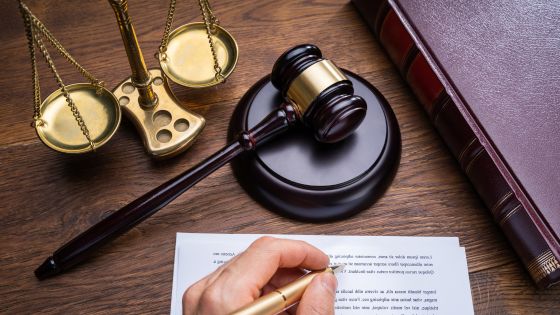Running a small business can be an exhilarating yet challenging endeavour, especially when navigating the complexities of legal issues. As a small business owner myself, there are several areas that I could have been more proactive in looking back. However it’s the lessons learned that are most valuable (albeit sometimes costly!)


A small business owner often juggles multiple roles, and legal concerns can sometimes seem like a daunting addition to an already full plate. Understanding and preparing for these legal challenges is crucial for the sustainability and success of any small business.
Here are my top 6 legal challenges faced by small business owners.
1. Commercial Disputes Related to Goods and Services
One of the most common legal problems faced by small businesses is commercial disputes. These disputes can arise from disagreements over the quality, delivery, or terms of goods and services provided. They can lead to lengthy legal battles, which can be costly and time-consuming.
To mitigate these risks, it’s essential to have well-drafted contracts that clearly outline the terms and conditions of any business transaction.
2. Customer Complaints and Negative Reviews
In the era of digital media, customer complaints and negative online reviews can significantly impact a small business’s reputation. Addressing these complaints legally and professionally is vital to maintain a positive public image.
Small business owners must learn to differentiate between legitimate complaints and defamatory statements, the latter of which might require legal intervention.
3. Debt Collection
Another frequent legal issue for small businesses is debt collection. Whether it’s unpaid invoices or overdue accounts, managing and collecting debts is a critical aspect of running a business. Legal avenues exist to assist with debt recovery, but it’s important to approach this sensitively and in accordance with the law to avoid potential legal pitfalls.
If you encounter an issue where someone just isn’t going to pay you back or reimburse what’s rightly yours, it may pay to engage a debt collector or specialist debt collection lawyer to start the proceedings. Even getting part of what’s owed to you can be beneficial and worth doing.
4. Choosing the Right Business Structure
Deciding on the most appropriate business structure (such as sole trader, company, partnership, or trust) is a fundamental decision with significant legal implications. Each structure carries its own set of legal, tax, and financial responsibilities and benefits.
Making an informed choice that aligns with your business goals and personal circumstances can help mitigate legal risks in the future.
Find out more about choosing the right business structure here.
5. Website Management
In today’s digital age, most small businesses maintain an online presence, usually through a website. Operating a website comes with its own set of legal considerations, such as compliance with online privacy laws, copyright, and e-commerce regulations.
Ensuring your website meets these legal requirements is essential to avoid potential legal issues.
6. Privacy and Data Collection
With the increasing importance of data in the business world, small businesses often collect customer information. However, this collection comes with the responsibility of ensuring privacy and data protection. Understanding and complying with privacy laws and regulations are crucial to protect your business from legal issues related to data breaches or misuse of personal information.
Do You Face Any of the Same Issues?
While small business owners face a myriad of legal challenges, being proactive and informed can significantly reduce legal risks. It is advisable for small business owners to seek legal advice and services that can provide practical guidance and help navigate these legal waters.
This support can include drafting and reviewing contracts, resolving disputes, and ensuring compliance with various legal obligations.
By being prepared and knowledgeable about these common legal issues, small business owners can focus more on growing their businesses and less on legal entanglements.

























